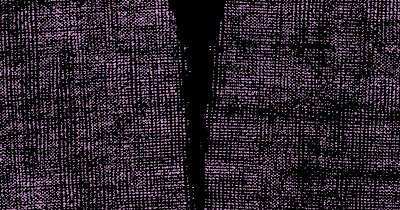Virtually all of our assumptions with regard to ethics are based on theories in which we see no rupture between past, present, and future, but some kind of continuity.
If we are with Aristotle, we hold out happiness as the goal, and assume that, as this was true for Aristotle, so it is for me, and forever will be. Or if we are with Moore, we believe that our moral sense is informed by intuition, always was, and will be in the future. If we are religiously minded, we assume that God himself has told us how to live, which was and is eternal and unchanging.
If we are with Aristotle, we hold out happiness as the goal, and assume that, as this was true for Aristotle, so it is for me, and forever will be. Or if we are with Moore, we believe that our moral sense is informed by intuition, always was, and will be in the future. If we are religiously minded, we assume that God himself has told us how to live, which was and is eternal and unchanging.
I propose, instead, that ethics is not in fact constant, and at the present time we are witnessing a fundamental moral rupture. This is based upon a distinct ethical theory, which runs like this:
As we look upon the world, we arrange the world in our understanding. Depending on how we have so arranged it, we act in this world. A concise way of putting this is that our behaviour is controlled by mental models. Since no one person so arranges the world in quite the same way as the next, our ethics are in many cases strikingly different.
In past ages, people arranged the world in their minds in such a way that this was largely in keeping with their personal experience of the world. They based it on the people they met, the environment which surrounded them, and so on. Of course, people had access also to parchments, listened to orators, or explored new ideas, so that various influences came to bear upon them. Mostly, however, they interacted with a real world.
In more recent history, the age of mass communications descended upon us. We invented the printing press, the postal system, then radio, and TV. And certainly, increased travel exposed us all to broader ideas. However, we still understood our world largely in terms of personal experience. Our personal experience, too, informed our interpretation of events and opinions further afield, and we had the leisure to ponder them, and often make sport of them.
Since the turn of the century, however, we have increasingly been involved in instant, two-way communications, and in many cases dispersed communications, where many people are included at the same time. The result is that, for the first time in history, many (and some say most) of our interactions and reactions are electronic.
One could list any number of implications. In terms of this post, our arrangement of the world in our understanding is changing. In fact, change is not the word. There is a rupture. The basis on which we arrange the world is not at all what it was.
• Images of the world swamp our experience of it.
• The consequences of our views dissipate in the aether.
• Feedback to our words and actions often eludes us, and
• Ideology is little tempered by direct observation.
If we accept that mental models drive our behaviour, all older notions of ethics are uprooted. It may only become clear to us just how in the decades to come. Marshall McLuhan wrote in 1962, in his landmark The Gutenberg Galaxy, "There can only be disaster arising from unawareness of the causalities and effects inherent in our technologies."
